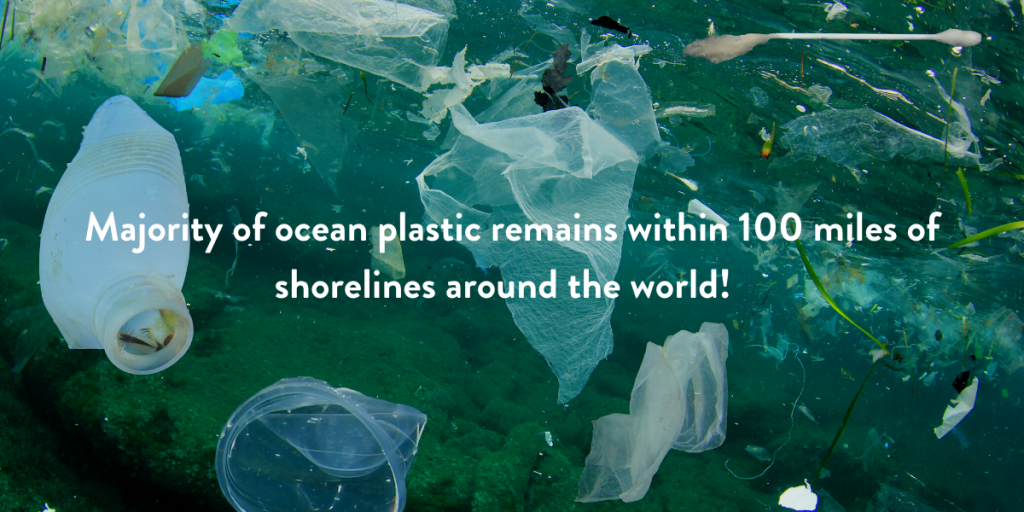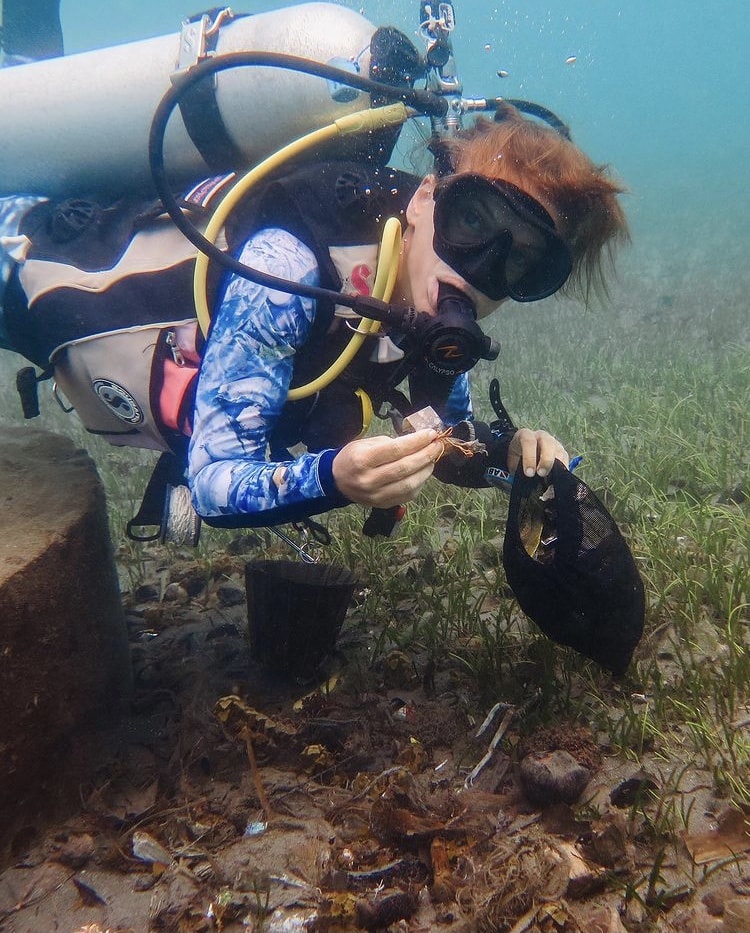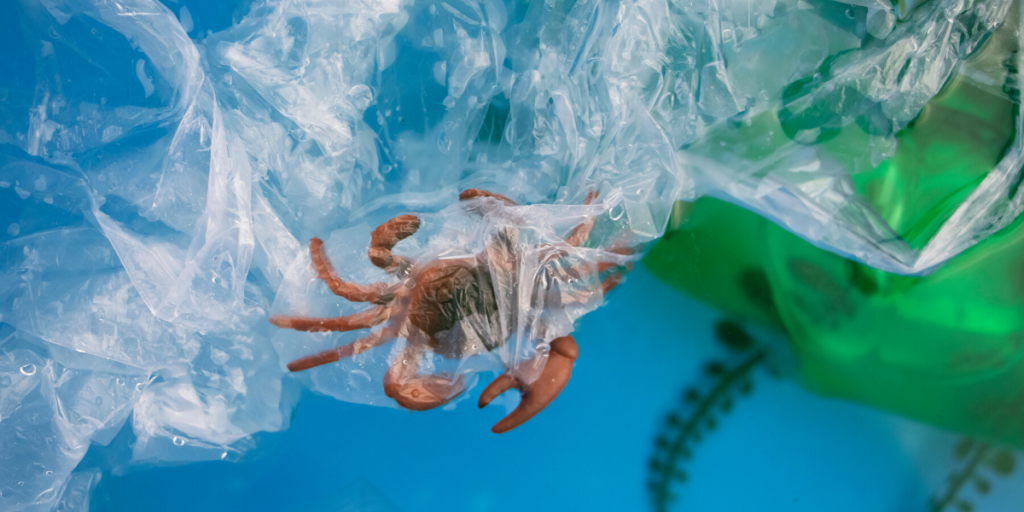Traditionally we talk a lot about beach cleanups here at Ocean Mimic. However, it can be just as important to do underwater cleanups too!
Divers are often passionate advocates for the ocean and often see first hand the impact marine debris is having on the ocean and its inhabitants. So, it’s a natural next step to get involved directly in fighting to cleanup our oceans! Not only are you spending time in what we’re sure is a favourite environment (i.e. underwater), but you can give something back at the same time!
Unfortunately a vast amount of marine debris isn’t visible from the surface or is inaccessible from the shore. This is where underwater cleanups can have an impact. They are a way to help clear the debris that has sunk under the surface or become entangled on the reef etc.
Why are underwater cleanups important …
Our ocean and other waterways are polluted with lots of different types of marine debris. From microplastics and ghost gear to food & drink containers, as well as a surprising number of toilets lids etc.. Marine debris has negatively impacted hundreds of marine species all around the world. Not only can they mistake the debris for food and ingest it, but they can also become entangled, both of which can harm or kill many marine species.
WWF reports 66% of marine mammals, half of all of seabirds, and every species of sea turtle have been negatively impacted by entanglement or ingestion of marine plastic. If you think about it, ghost gear is specifically designed to kill marine animals, so will continue doing that while floating around in the ocean unattended!
While 99% of ocean plastic is ‘missing‘, ongoing research mapping ocean plastics suggests the majority actually remains within 100 miles of shorelines. The plastic is cycling from beach to beach and from the surface to the seabed. This suggests to us that a mixture of beach and underwater cleanups are an effective way to break this cycle! We know waste management improvements and limits on single use plastics are needed too, but this is a great incentive to keep conducting cleanups …

Things to think about …
When planning underwater cleanups:
- Pick your dive site carefully – is it a location you know needs attention, is it an easily accessible site etc.
- Link up with a dive shop (if you aren’t already). They supply vital equipment and expertise as well as help promote the cleanup!
- Tell people what’s happening and when.
- Gather the correct tools (e.g. gloves, dive knives or scissors, trash bags)
- Set your schedule and include a full briefing. This should be more detailed than a regular dive briefing; including why underwater cleanups are important, additional info / tips for collecting marine debris and health and safety guidelines.
- Remember to carefully sort any trash collected ensuring no animals are caught up in it. Then properly record and dispose of it.
The Dive Against Debris site has lots of helpful tools and guides too
When taking part in underwater cleanups:
- Keep a check on your buoyancy and watch those fins. It is easy to get distracted while cleaning up, so regularly check your surroundings.
- Before removing any items, assess if it will cause any damage to the reef or any inhabitants. If the item looks too heavy or bulky, leave it and make a note of the location for further dedicated attention.
- Only touch the debris and ideally with gloves (hydroids could have grown on the items over time).
- Don’t attach big bags to your person, so it’s easier to dump in an emergency.

Remember, not only does the act of cleaning up itself have an impact, but cleanups are also a great way of raising awareness of the issues facing the ocean. Be sure to talk about and share images of your underwater cleanup experiences as much as possible (oh, and tag us as we’d love to see)!
We have also just launched a new Dive School Partnership Program. This involves linking up with dive schools around the world to help spread more awareness about protecting our oceans. Activities will include beach cleans, underwater cleanups, eco dive courses and more. Please email charity manager Megan ([email protected]) for more information.
Finally check out the cleanup section of our blog for more tips on running cleanups. You could even try to beat the world record for the biggest underwater cleanup, if you can get over 633 divers together once things open up more!


